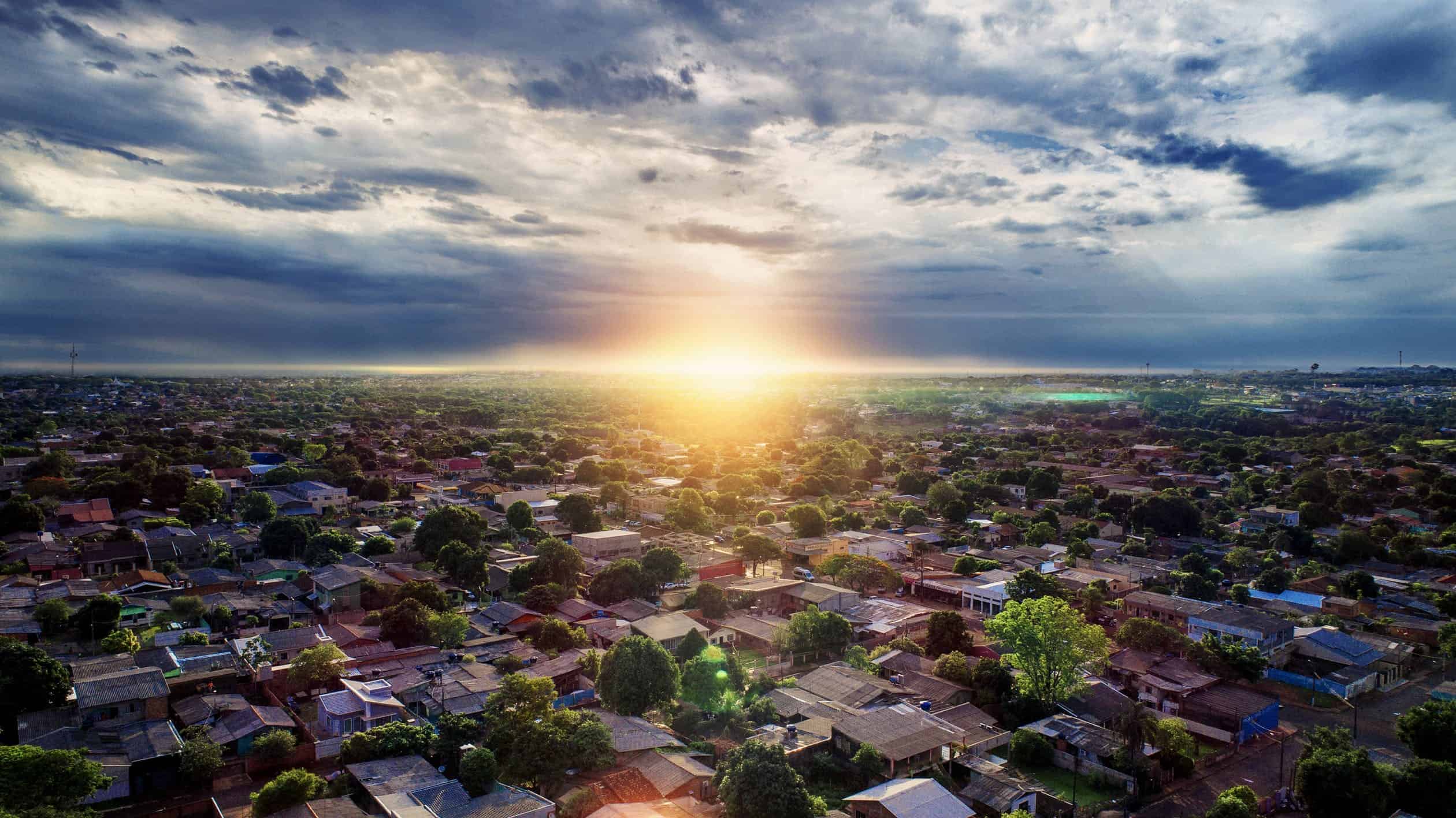Here’s How Much Houses in Mississauga Could Cost in 2019
Published December 27, 2018 at 6:31 pm

The housing market in Mississauga has fluctuated quite a bit this year. Most recently, we reported that it is officially harder than ever to buy a home in the region due to interest rate hikes.
In fact, Mississauga is now in seller’s market territory, making it harder for buyers to get into a market plagued by low inventory.
But could the Canadian housing market overall improve once the New Year hits?
Let’s take a look.
A recent Zoocasa blog post highlighted four housing predictions that the Canadian market could see come 2019.
Prediction #1: Sales Will Slow as a Result of Stress Test
The federal mortgage stress test, along with rising interest rates, has negatively impacted buyers’ purchasing power and also has discouraged would-be sellers from listing. This stress test was implemented to cool the market and, ideally, keep Canadians from becoming too debt-ridden (and, by extension, house poor). As a result, a substantial improvement to the Canadian market may not be in the near future.
According to the blog post, several real estate associations and data think tanks have predicted a fairly flat 2019 market, as the stress test continues to be felt at all levels.
The Canadian Real Estate Association has called for an 11.2 per cent decline in sales over the total course of 2018 at 458,200 units. Sales are expected to fall another 0.5 per cent during 2019 – a nine-year low.
The blog post notes that, “Prices, while typically slower to fall, will soften slightly, with the national average home value to ring in 4.2% lower in 2018 at $488,600, before enjoying a minute 1.7% rebound to $496,800 next year.”
Prediction #2: Some Rate Relief
Overall, during 2018, as inflation growth exceeded expectations and the newly-minted USMCA assured trade relations and investment remains stable with Canada’s largest trading partner, interest rates have been rising.
It was revealed in the blog post that the Bank of Canada (BoC) – the national body in control of monetary policy in Canada via the pricing of its Overnight Lending Rate – intends to increase rates until they’re neutral (they neither stimulate nor restrain inflation).
This would result in the current 1.75 per cent rate being hiked anywhere between 2.5 – 3.5 per cent. This would require at least five more increases to achieve, making mortgages more expensive and further squeezing people who are negatively impacted by the stress test.
The good news, however, is that those with variable-rate loans, including variable mortgages and lines of credit, will get a reprieve from rising monthly payments until the BoC resumes its hiking mandate.
For the time being, the benchmark used to stress test borrowers will stay the same.
Prediction #3: There Will Be Fewer Mortgages Issued
The stress test, which requires all borrowers of new mortgages to qualify at a rate roughly 2 per cent higher than the one they’ll get from their bank, has had a profound impact on the housing market.
This test has minimized the amount of mortgage an average borrower qualifies for, and it has knocked thousands of prospective purchasers out of the market altogether, resulting in slower sales.
According to the blog post, “The British Columbia Real Estate Association also weighed in on this phenomenon in its end-of-year mortgage rate assessment stating, ‘The impact of the mortgage stress test is weighing heavily on traditional lenders’ ability to grow their mortgage books, with growth in residential mortgages at its slowest pace in 17 years.’”
It’s also expected that many mortgage holders will see higher rates upon renewal, due to another aspect of the stress test.
Borrowers who stay with their existing lender typically won’t be re-tested, but those who move to another bank will be. This will deter competition in the mortgage market, giving lenders less incentive to offer lower renewal rates to those they know can’t make the switch.
Rising rates throughout 2019 will only impair this situation further.
Prediction #4: Increasing Rent
The cost of renting is also expected to, continue to, increase in the New Year.
In 2018, the cost of renting, especially in Toronto, has been one of the hottest topics and will continue into 2019.
Increasing rent isn’t just a Toronto issue, however – according to the blog post, a Q3 Rental Report from CMHC showed that two-bedroom rents rose an average of 3.5 per cent across the nation in 2018, with the largest increases in BC (Vancouver +5.5 per cent) and Ontario (Toronto +5.2 per cent). Rental vacancies also shrunk in most major markets.
The blog post revealed that in 2019 tenants across Canada will see an average 6 per cent increase, according to a National Rent Report released by Bullpen Research and Consulting, partnered with Rentals.ca.
What do you think of these predictions?
INsauga's Editorial Standards and Policies

